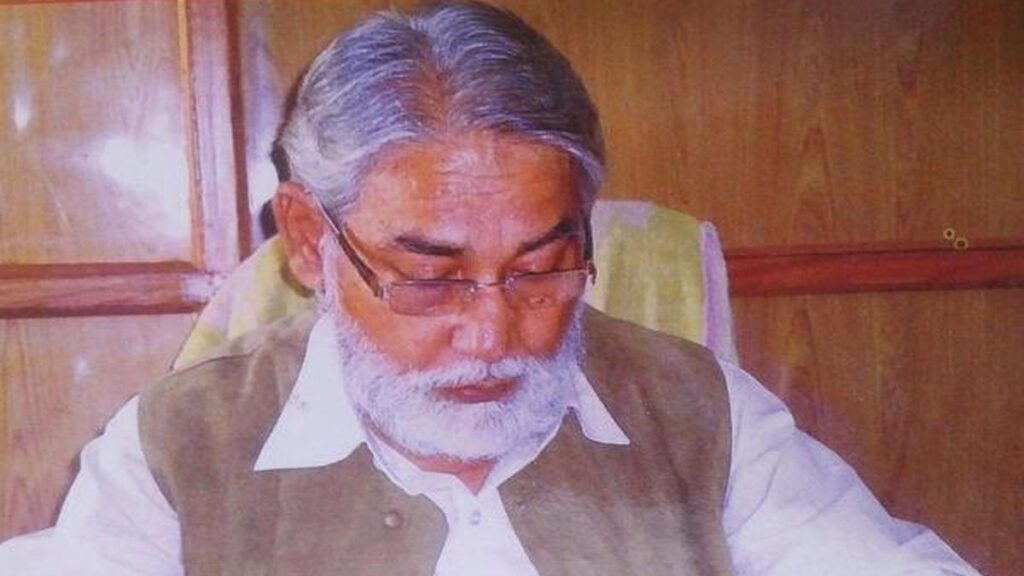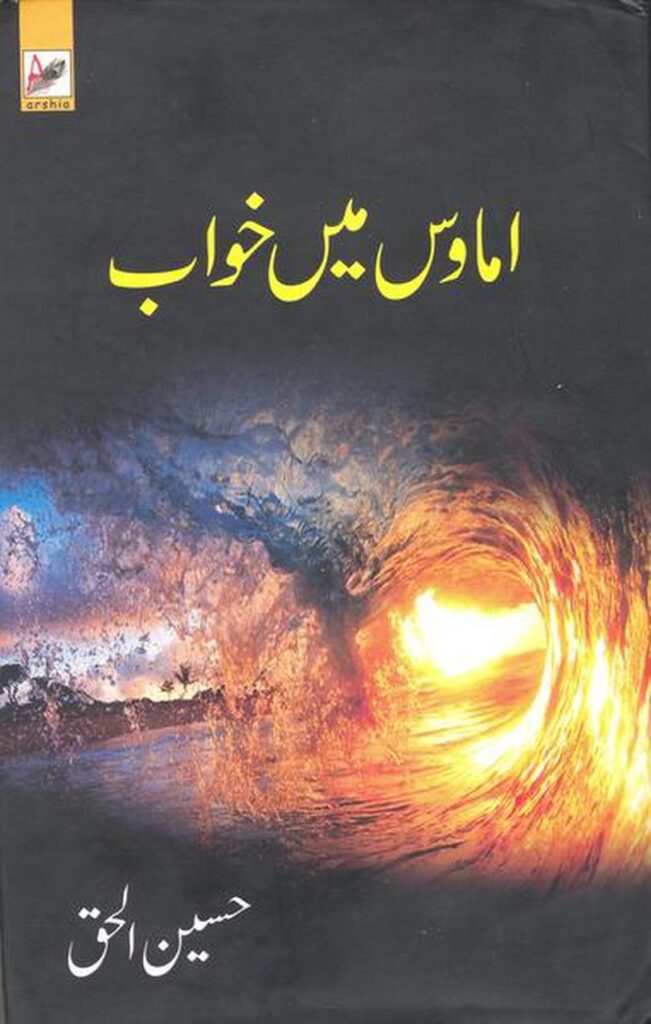Sasaram / Gaya, BIHAR :
Hussainul Haq’s novel “Amawas Mein Khwab” initiates a new debate on the Hindu-Muslim relationship.

REFLECTING REALITY Hussainul Haq
At a time when people cherish to be lied to, what can scare away the spectre of an unprecedented assault on the very idea of truth? Is truth a sociological reality or an unachievable ethical reality? Does the narrative of homogeneity set in motion by new information technology produce a kind of immodesty that allows us to recognise falsehood but we still treat it as if were a reality? Does our intent on peddling fantasy as a fact correspond to “Suspended Disbelief” that Coleridge found essential for literature? These frightening and unsettling questions thrown up by the post-truth period are impeccably sewn together in a novel of a celebrated Urdu novelist and short story writer Hussainul Haq and his latest novel has been doing rounds in the Urdu knowing circles of the subcontinent.
His recently published novel, “Amawas Mein Khwab” (Dreaming in the last night before the new moon), poignantly tells a tale of Ismael Rajai, who lost all his family members in a communal riot but a marked Indian passion for free-flowing of inter-personal relationship unencumbered by religious and cultural affinity and uncontaminated by self-interest enabled him to begin a new life. Ismael, lived in Bombay, Bhiwandi and Patna, and is exposed to many cultures and as a power loom owner, teacher, a friend of a landlord, a father and a thinking human being, he tries to understand why common people do the uncommon to transform themselves. His stint as a lecturer at a college in Bihar provides him with a space where several mediations are carried out. Arousal of mass-hysteria in the name of caste and religion acquaints him with the aggressive and self-destructive potential of conflict and disharmony. His tantalising journey of a new life transcends inadequacies and presents a higher level of synthesis where being apart and being together emerge a reality as audaciously as they can.

The book cover
Ismael’s struggle reveals new insight and a fresh perspective on several issues plaguing the country.
Believable narrative
At a time when religious passions are running high and the concept of peaceful existence is being threatened, the novelist initiates a new debate on Hindu-Muslim relationship. Direct intervention of a well known scholar or a reference to a widely acclaimed text lends credibility to the narration and the reader takes pleasure in passages that are explicitly historical.
One of the characters of the novel asserts: During the reign of Mohammad Bin Qasim, the religious places of Christians, Jews and Hindus were treated equally. Quran describes Sabaen (an ancient nation of star worshippers) as people of the book though there was hardly any mention of book related to them. Even in the time of the second caliph, Zoroastrians were given the status of people of the book and why this status still eludes Hindus?
For his doctoral thesis, Ismael chooses a topic that baffles his friend Anil Sharma. Anil finds the topic “Muslims’ Contribution in Ancient India” inadmissible but Ismael argues: “One has to concentrate on the culture, language and ideologies that dominated India before Mohammad Bin Qasim. In what way, the arrival of Mohammad Bin Qasim and saint, Ali Hajveri, affected the culture. Did anyone notice a creative interaction at epistemological or ideological level, if yes, what are the traces, this question has tremendous research potential?”
“Yes, it is a fertile topic, but you have to work hard,” Anil nodded.
Ismael, living a comfortable life in Bihar, lost his life in a blast and it spells doom for his life. His daughter Nayela landed up at a brothel and the son Quidar finally got whatever he longed for. The novel ends with a positive note and Hussainul Haq creates an autonomous space which has its own logic of unfolding of interpersonal relationship involving cooperation and conflict and it also reveals dark underpinnings for our dreams for a strong nation.
For Hussain, humanity is undoubtedly grasping breath but he is courageously on the side of rational and truth loving liberals who want to understand what instils a strong sense of grief and chaos in us. Hussain’s elegant prose illuminates conflict of nostalgia, loneliness and social consciousness astutely and he makes it clear that we tend to lie to ourselves with a bad conscience and the ever-increasing ethical relativism and blooming narcissism reflected in selfies is nothing but an act of self-deception.
Hussainul Haq’s new novel turns attention to the episodes of real life that outstrips fiction and his novel is a testimony to what Philip Roth says: The culture tosses up figures almost daily that are the envy of any novelist.
source: http://www.thehindu.com / The Hindu / Home> Books> Authors> Going Native / by Shafey Kidwai / February 16th, 2018








